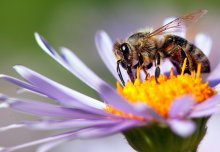

News in brief
Protecting pollinators and funding future leaders: News from the College
Here’s a batch of fresh news and announcements from across Imperial.



Protecting pollinators and funding future leaders: News from the College
Here’s a batch of fresh news and announcements from across Imperial.
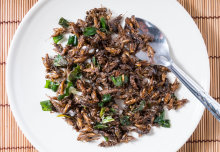

Feature
Eating insects makes sense. So why don’t we?
Insects are a healthy and environmentally friendly food source. But how can people in the Western world be convinced to eat them?
 12
12


Decoy antibiotics could get around bacteria’s defences
Imperial medical students have helped to devise a new type of ‘decoy’ drug to tackle infections that are resistant to antibiotics.
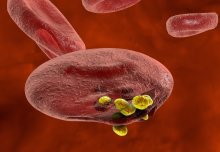

Smart design could prevent drug resistance in new malaria treatments
Researchers have overcome malaria parasites’ resistance to potential new drugs by studying how it evolves.


Birds outside their comfort zone are more vulnerable to deforestation
Members of the same bird species can have dramatically different responses to deforestation depending on where they live, finds a new study.
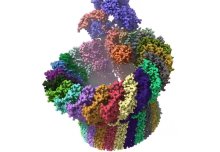

New film of immune system killing bacteria could point to new therapies
New film showing how our immune system attacks bacteria may guide the development of new therapies that harness the immune system against infections.
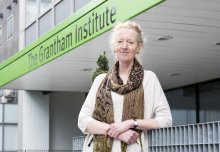

Climate champion Jo Haigh retires after 35 years at Imperial
Co-Director of the Grantham Institute and former Head of Physics Professor Haigh leaves behind a legacy of science advocacy and academic leadership.
 6
6
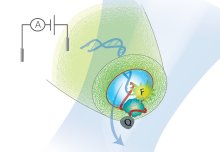

Screening for rare but important disease ‘biomarkers’ gets an accuracy boost
Researchers have created a system that can detect and quantify small and rare biological molecules that are important for detecting disease early.
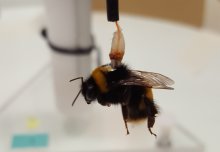

Pesticide exposure causes bumblebee flight to fall short
Bees exposed to a neonicotinoid pesticide fly only a third of the distance that unexposed bees are able to achieve.


Marsquakes and carbon removal: News from the College
Here’s a batch of fresh news and announcements from across Imperial.